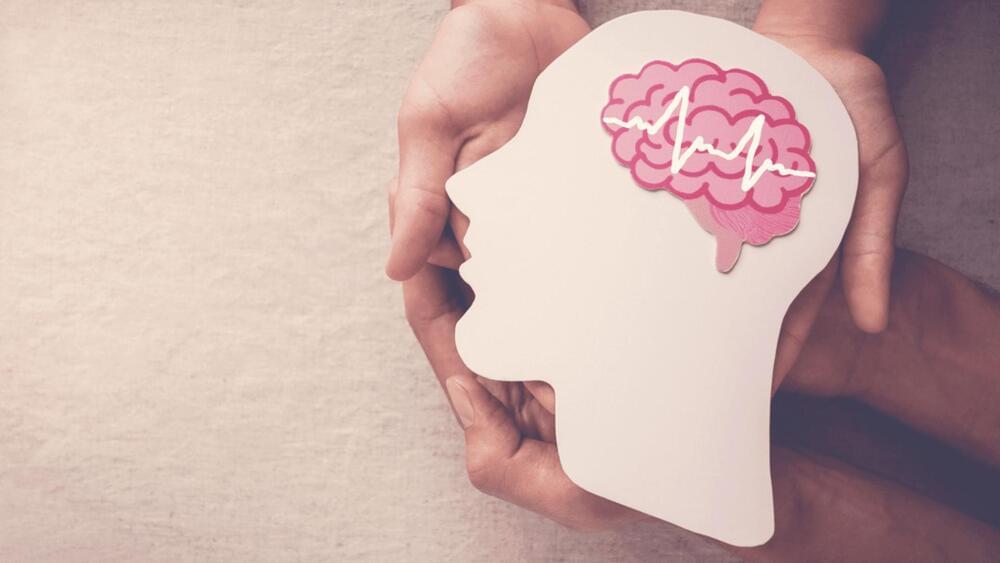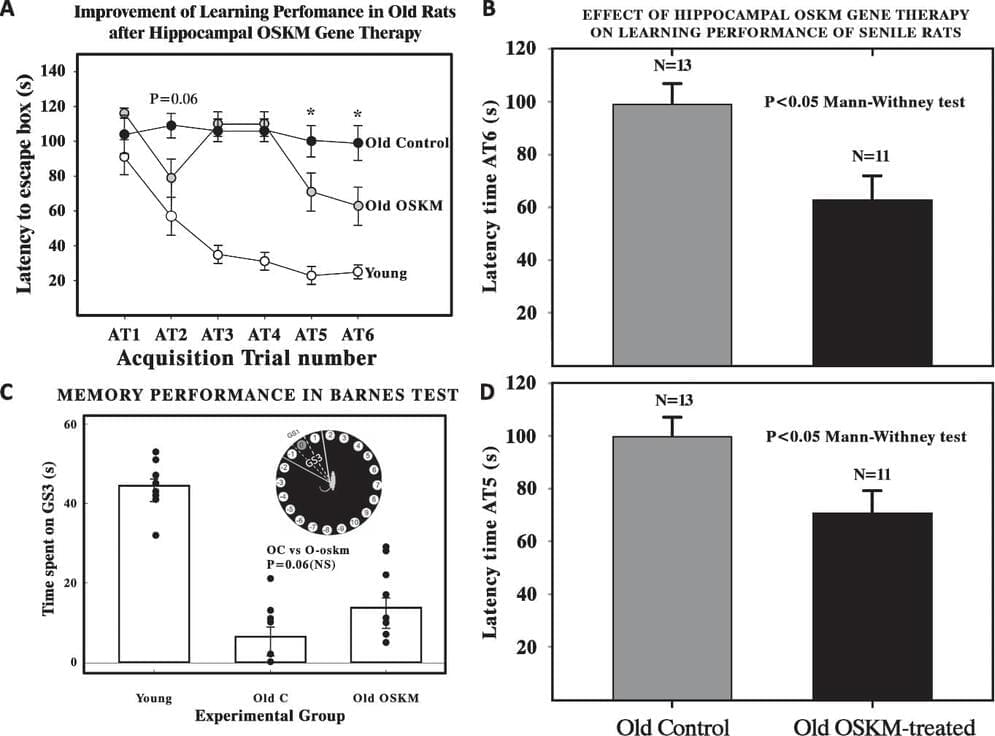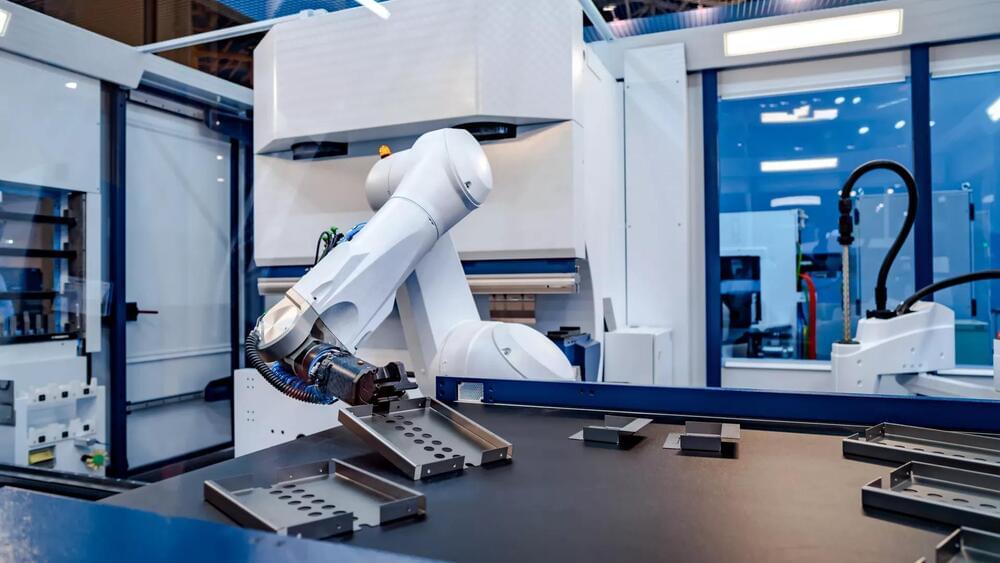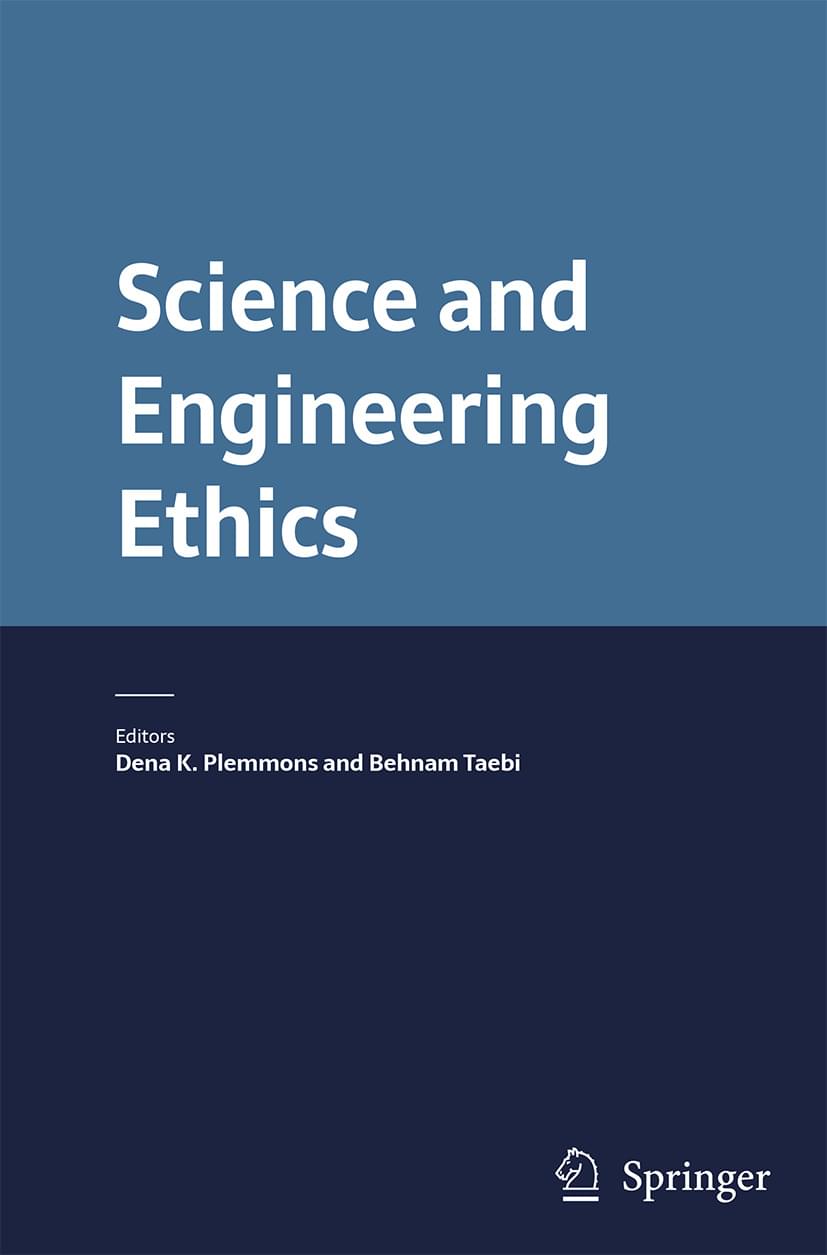What is the nature of quantum physics? Neil deGrasse Tyson and comedian Chuck Nice get quantum, exploring Schrodinger’s Cat, electrons, Hilbert Space, and the biggest ideas in the universe (in the smallest particles) with theoretical physicist Sean Carroll.
When did the idea of fields originate? Are fields even real or are they just mathematically convenient? We explore electrons, whether they are a field, and whether they exist at all. We also discuss the wave function, Hilbert Space, and what quantum mechanics really is. Do superpositions always exist?
What would happen if Planck’s Constant were macroscopic? Learn about entangling particles and the longest entanglement distances. If the particles are entangled why would the distance matter? Could we make an internet with quantum entanglement? We break down Schrodinger’s cat, its interpretations, and what the thought experiment really means. Do superpositions always exist?
Are there quantum manifestations in the macro-universe? We explore the microwave background, inflation, and how we discovered that atoms are mostly empty. Sean gives his latest takes on dark matter, dark energy, emergence, and free will. Plus, is dark energy really the cosmological constant?
Timestamps:
00:00 — Introduction: Sean Carroll.
05:28 — The Origin of Feild Theory.
8:26 — Do Electrons Exist?
11:57 — What Really is Quantum Mechanics?
17:30 — What If the Planck Constant Were Macroscopic?
18;45 — Extending Quantum Entanglement.
25:50 — Schrodinger’s Cat \& The Multiverse.
36:16 — Quantum in the Macro Universe.
42:17 — Thoughts on the Dark Universe.
Check out our second channel, @StarTalkPlus.







